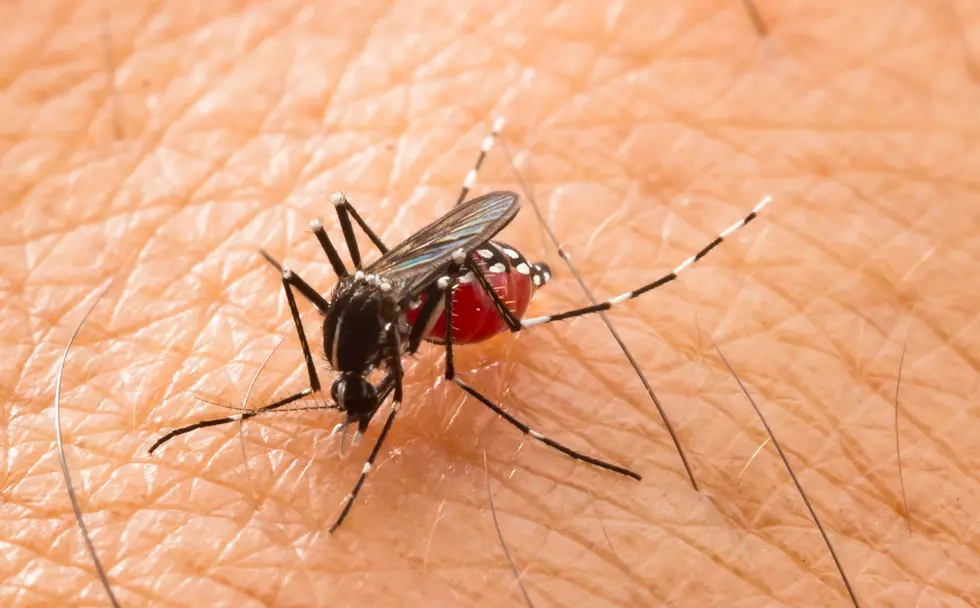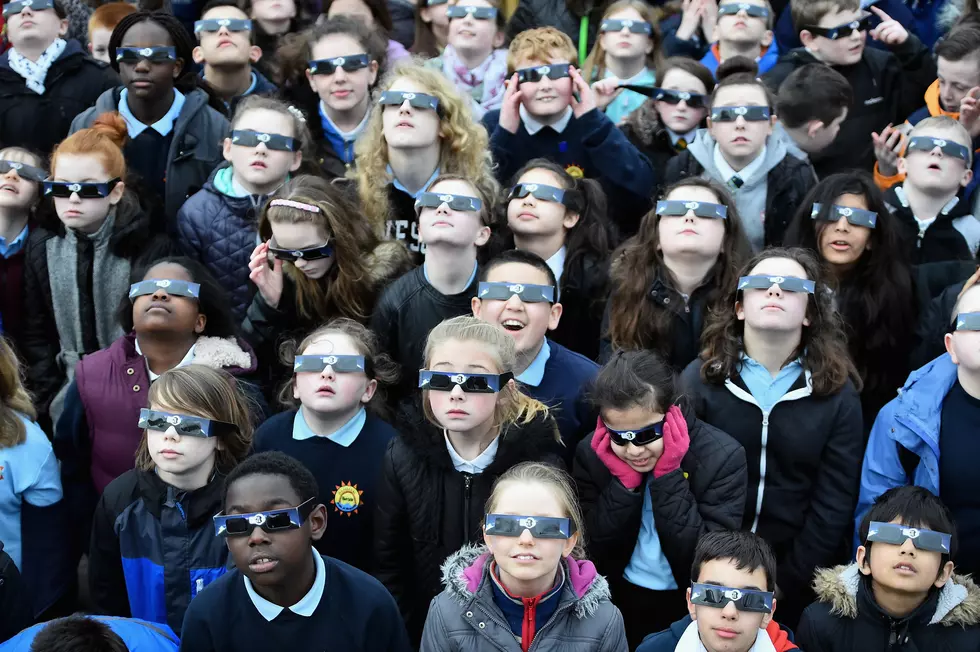
Dartmouth Mosquitoes Found to Have West Nile Virus
DARTMOUTH — West Nile Virus has been detected in mosquitoes collected from Dartmouth, the Massachusetts Department of Public Health announced Tuesday.
Although samples collected in town were positive for the virus, Dartmouth is still listed as a low-risk community for transmission of the illness.
State data shows six communities in Bristol County currently have a "moderate" risk of contracting the virus: Somerset, Swansea, Fall River, Seekonk, Dighton, and Rehoboth.
Last year the virus was detected in 99 mosquitoes out of 7,156 mosquito samples in the state.

Humans most commonly get West Nile Virus from mosquito bites, according to the DPH.
Most people don't show any symptoms, although some develop a fever and flu-like symptoms, and in rare cases it can cause inflammation in or around the brain, which could be fatal.
Although West Nile Virus can infect people of all ages, those over 50 are at higher risk for severe infection.
Residents can avoid mosquito bites by applying insect repellent containing DEET, picaridin, or lemon eucalyptus oil before going outside.
Wearing long sleeves, long pants, and socks outdoors can also help keep mosquitoes away from your skin.
The DPH also recommends being aware of peak mosquito hours, such as from dawn to dusk, and reschedule outdoor activities in the evening or early morning.
For more information about West Nile Virus, mosquitoes, and other mosquito-borne diseases, visit www.mass.gov/dph/mosquito.
It's Not Just Mosquitoes: Here's a List of All the Snakes Native to Massachusetts (Two Can Kill You)
Massachusetts Wildlife You Can Legally Take Home as Pets
More From WFHN-FM/FUN 107









